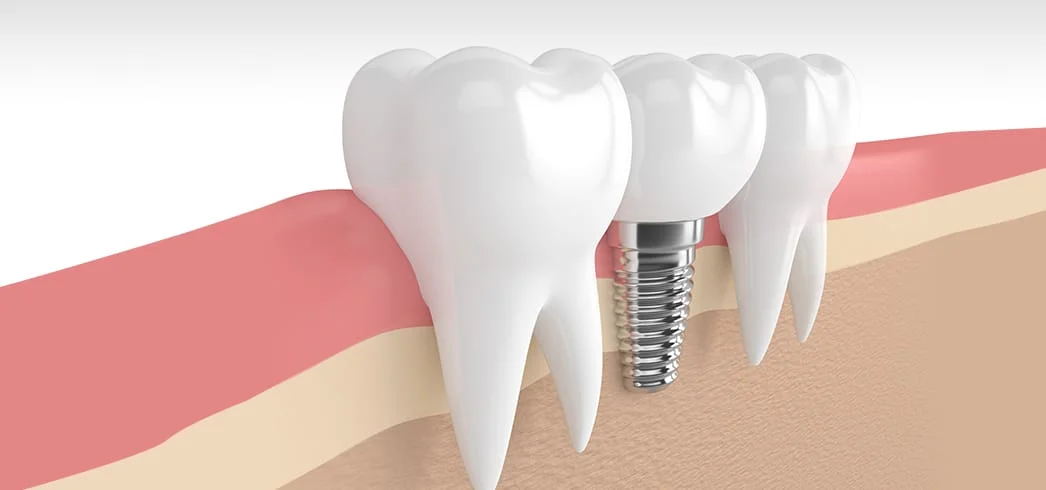
Dental implants have revolutionized the field of dentistry by providing a permanent solution for missing teeth. Over the years, advancements in technology have improved the success rate, efficiency, and overall patient experience of full dental implants. In this article, we will explore the latest advancements in full dental implants technology that have made them a preferred choice for restoring smiles.
Improved Materials
Titanium and Zirconia
- Titanium has been the traditional material used for dental implants due to its biocompatibility and strength.
- Zirconia implants have gained popularity as they are tooth-colored, making them more aesthetically pleasing.
- Both materials have excellent durability and long-term success rates.
3D Imaging and Planning
Cone Beam Computed Tomography (CBCT)
- CBCT technology provides detailed 3D images of the jaw, allowing for precise implant placement.
- Implant planning software enables dentists to create a virtual treatment plan before the actual procedure.
- 3D imaging reduces the risk of complications and ensures optimal aesthetic and functional outcomes.
Computer-Aided Design and Manufacturing (CAD/CAM)
Customized Implants
- CAD/CAM technology allows for the creation of customized implants tailored to the patient's unique anatomy.
- Precision milling ensures a perfect fit, reducing the need for adjustments during the implant procedure.
- Customized implants result in faster healing times and improved comfort for patients.
Immediate Loading
Same-Day Implants
- Advancements in implant design and materials have made it possible for some patients to receive same-day implants.
- Immediate loading shortens the treatment time and allows patients to leave with a restored smile on the same day.
- This approach is suitable for patients with good bone quality and density.
Osseointegration Enhancements
Surface Modifications
- New surface treatments promote faster and more predictable osseointegration of the implant with the surrounding bone.
- Enhancements such as plasma spraying and laser etching improve the implant's stability and long-term success.
- Improved osseointegration reduces the risk of implant failure and ensures a strong foundation for the prosthetic tooth.
Bioactive Coatings
Promoting Healing
- Implants with bioactive coatings accelerate the healing process by stimulating bone growth and integration.
- These coatings release substances that enhance osseointegration and reduce inflammation in the surrounding tissues.
- Bioactive coatings improve the overall success rate of dental implants and enhance patient comfort post-surgery.
Augmented Reality Guided Surgery
Precision and Accuracy
- Augmented reality technology provides real-time guidance during implant surgery, improving accuracy and precision.
- Dentists can visualize the implant placement in 3D overlaid on the patient's anatomy, ensuring optimal positioning.
- This technology enhances the safety of the procedure and reduces the risk of complications.
Conclusion
Full dental implants have come a long way with the latest advancements in technology. From improved materials to advanced imaging and planning techniques, patients now have access to cutting-edge solutions for restoring their smiles. These advancements have not only enhanced the success rates of dental implant procedures but also improved patient comfort and overall experience. With continuous innovation in the field of dental implant technology, the future looks promising for those seeking a permanent and reliable solution for missing teeth.